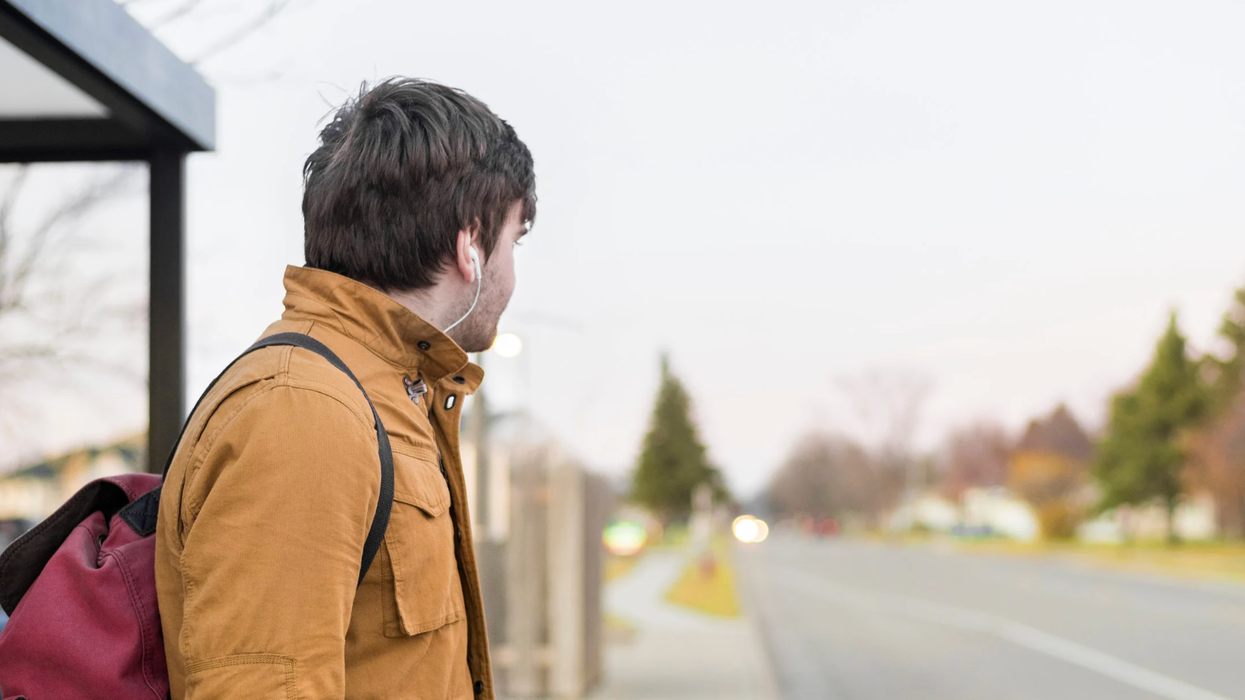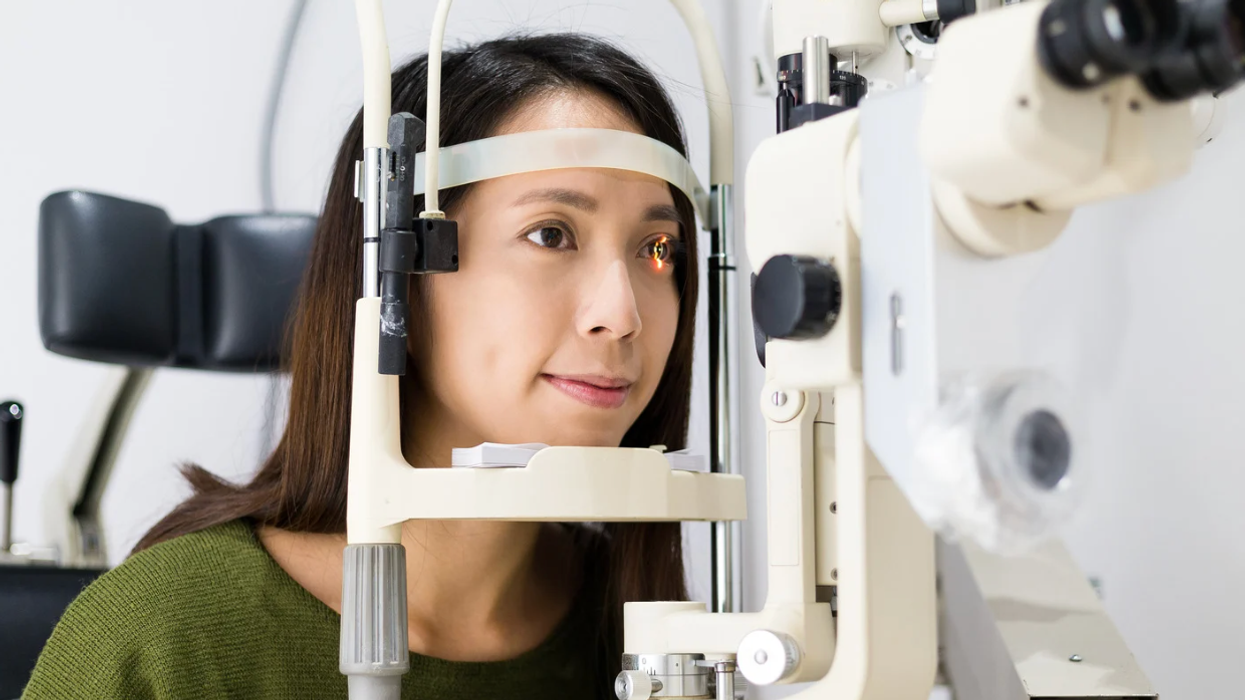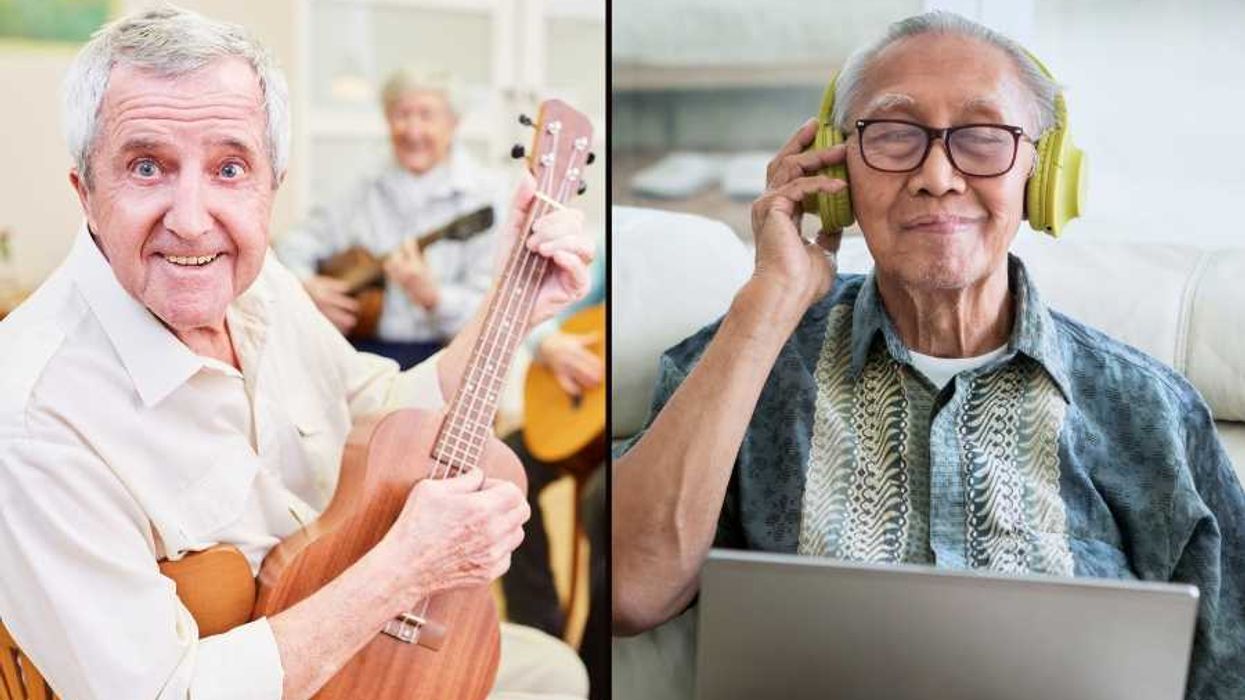Everybody is learning to handle social isolation and social distancing during the coronavirus pandemic. People with autism spectrum disorder, like me, have often had to deal with social isolation our whole lives. It gives us a unique perspective and experience honing strategies that could help the rest of the world cope.
ASD causes a very wide range of differing thinkers. Some think more verbally, like I do. Temple Grandin, a well-known ASD advocate I spoke with for this article, thinks more visually. Both of us are professors with high-functioning abilities, what used to be called Asperger's Syndrome type symptoms.
ASD is rare, affecting about 1%-2% of the population, and is still poorly understood. While high-functioning manifestations of ASD can often produce highly successful adults, a prominent characteristic in many of us is social communication differences.
People with ASD think differently than most people, and how we face challenges is something everyone can learn from. Here are three strategies.
Schedule your time
Being stuck at home during a pandemic is almost like being on the International Space Station. There, like on Earth during a social lockdown, new rules apply.
"The most important thing is establishing a new schedule," Grandin said. "It's a real mess right now and discipline is important. For example, on the ISS, astronauts must even schedule time to be alone."
Grandin's advice: Get up, get dressed, get ready for work or online classes just like you normally would, even if you aren't leaving home.
The ASD person may embrace those new rules more quickly because she knows how important having schedules can be to productivity and happiness. Schedule changes can be very difficult for a person with unsupported ASD. Loud noises, bright lights, different food, scratchy clothes all cause distrust of change.
With adequate support and proactive scheduling, adults with ASD and everyone else can learn to make the best of schedule change.
Listen more, say less
Social distancing may make people feel socially and emotionally disconnected. We don't speak with others as often, and we don't understand the impact of this on our emotional well-being.
Some people with ASD have found that slowing down and listening is a successful adaptation for many interactions to more fully understand what another person is saying, particularly when they feel that people don't say what they mean.
Listen to the other person by watching their body language and movement. Take the time to more fully understand what the other person is saying.
Listen more and say less: People with ASD use this mantra to improve their dealings with others. It's also an important message for dealing successfully with social distancing rules. Practicing empathetic responses is important for all of us because we are in this for the long haul.
Adapt online learning to meet your needs
Everybody is learning to learn online. As college professors, Grandin and I teach students to use online resources in more productive ways.
Grandin suggests an effective way to teach online is to post prerecorded lectures, then follow them with online discussion groups where students can talk about the material, either by video or online chat. That doesn't work for everything, though.
Online learning might be harder for visual thinkers, and it may be impossible for the hands-on labs they tend to be attracted to, like Grandin's animal science labs or biology labs.
As a student, take ownership of not just hearing but really understanding the information being discussed. Memorization of discrete facts is so pre-COVID-19.
Be disciplined and schedule time to watch small segments of multimedia from the instructor and then play an active role during online discussions.
Smaller discussions groups can help accommodate different schedules and styles of using the day and night. Everybody is learning. Be ready to change the system online, as the instructor or individually as a student.
It's a different Earth
We do not yet know what our world will be like after social isolation and stay-at-home orders are lifted. Online learning will continue, as it already is for many students.
Keep to a schedule, but be ready to adapt the schedule based on new information.
Everybody is learning that the world under social isolation requires discipline as if we were living on another planet. Because we are living on another planet. Earth under quarantine in the time of COVID-19 is different than Earth at any other time before. Everybody is learning what that means for them and those they love.
Sarah Ransdell is a Professor at Nova Southeastern University




















 Ladder leads out of darkness.Photo credit
Ladder leads out of darkness.Photo credit  Woman's reflection in shadow.Photo credit
Woman's reflection in shadow.Photo credit  Young woman frazzled.Photo credit
Young woman frazzled.Photo credit 

